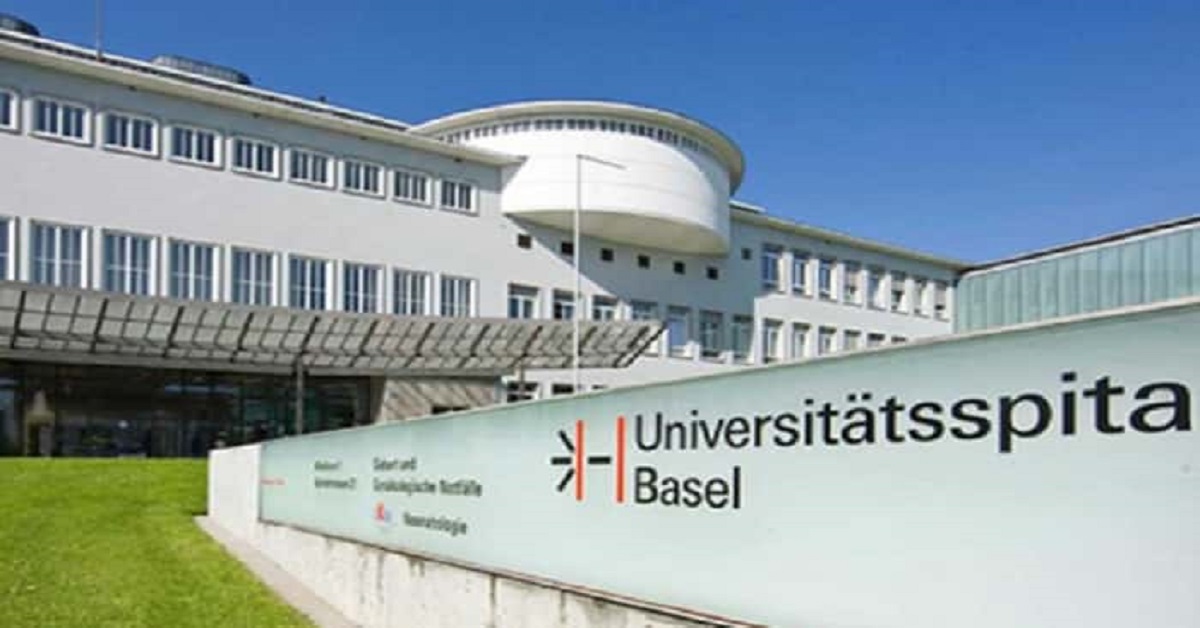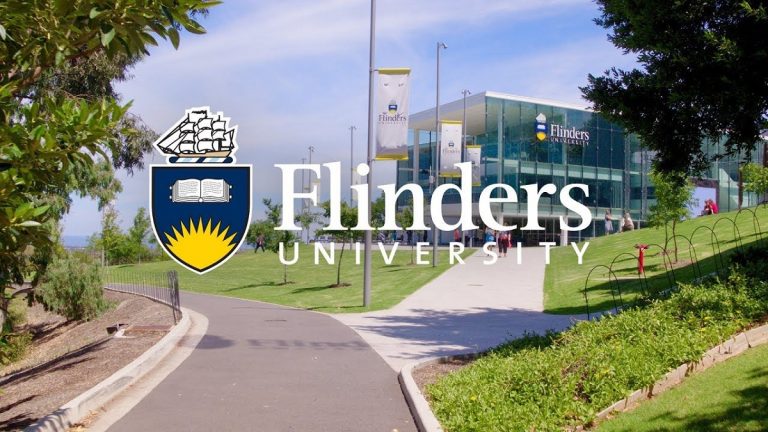
How does life emerge from molecules and cells? This is the central question that motivates us. With curiosity and passion, we investigate the entire spectrum ranging from the atom to the organism. The Biozentrum of the University of Basel is one of the world’s leading life sciences institutes. With 32 groups and 500 employees, we are a dynamic and international research community that has spawned many fundamental discoveries in biology and medicine as well as several Nobel Laureates. Become part of our community!
A postdoctoral position is available in the research group of Prof. Erik van Nimwegen. The position is initially for two years, funded by an SNF grant, but may be extended upon mutual agreement. The postdoctoral fellow will be supervised by T. Julou and E. van Nimwegen. The position is available immediately and priority will be given to candidates that can start relatively soon.
Your position
The topic of this project concerns Escherichia coli during stationary phase, as a case study of non-growing bacteria. Although bacteria in the wild likely spend the majority of their time in non-growing states, relatively little is known about cell physiology and gene expression in such states, especially at the single-cell level. Our lab uses novel quantitative approaches, such as the one we recently developed to quantitatively track growth and gene expression with single-cell resolution in bacteria exposed to controlled environmental changes [1, 2]. We are interested in both physiological and evolutionary aspects of stationary phase: What are the different physiological states that can be attained during stationary phase? What is the extent and dynamics of cell heterogeneity during stationary, and how does this heterogeneity affect survival, stress-resistance, and the ability of cells to regrow when exposed to new nutrients? Are there evolutionary trade-off(s) between growth-related traits and starvation-related traits? To answer such questions, the candidate is expected to combine experimental techniques from molecular biology, genetics, video-microscopy, microfluidics and microfabrication, with cutting-edge data analysis and modelling techniques, which may be undertaken in collaboration with theoretical researchers in the lab. The project will be tailored to the interests and skills of the successful candidate, and will take advantage of several recent results already obtained in our group.
Your profile
Applicants should have completed a PhD in a relevant field such as biophysics, quantitative biology, microbiology, or evolution. Previous experience with microscopy and microfluidics will be valued. The candidate should have demonstrated experience in programming for data analysis, and/or in mathematical modelling.
Application / Contact
Please apply online: https://biped2.biozentrum.unibas.ch/apply/postdoc-van-nimwegen-lab
The application should include a brief cover letter, explaining how your qualifications and experience make you a good fit for this position, together with a full, up-to-date CV and addresses of two references. Please apply online using only the mandatory fields, plus the field for references and attachments (cover letter and cv) – other fields will not be considered.
We will review applications as they are received until the position is filled. Please note that only online applications via the application portal will be accepted. For general inquiries please send an email to thomas.julou@unibas.ch.
The van Nimwegen Lab [3] at Basel University’s Biozentrum is an international and multidisciplinary team with extensive expertise in the field of transcription regulation, cell-to-cell variability, genome evolution, and probabilistic data analysis techniques. A special feature of our group is that it includes both experimental and theoretical researchers which work together to combine cutting edge statistical and computational tools with quantitative experiments. A list of our group’s publications can be found on Google Scholar [4].
[1] 1. M. Kaiser, et al., Nat Commun. 9, 212 (2018). https://doi.org/10.1038/s41467-017-02505-0
[2] T. Julou, et al., PLoS Biol. 18, e3000952 (2020). https://doi.org/10.1371/journal.pbio.3000952
[3] http://www.biozentrum.unibas.ch/nimwegen/
[4] http://scholar.google.ch/citations?user=N24KB1wAAAAJ


